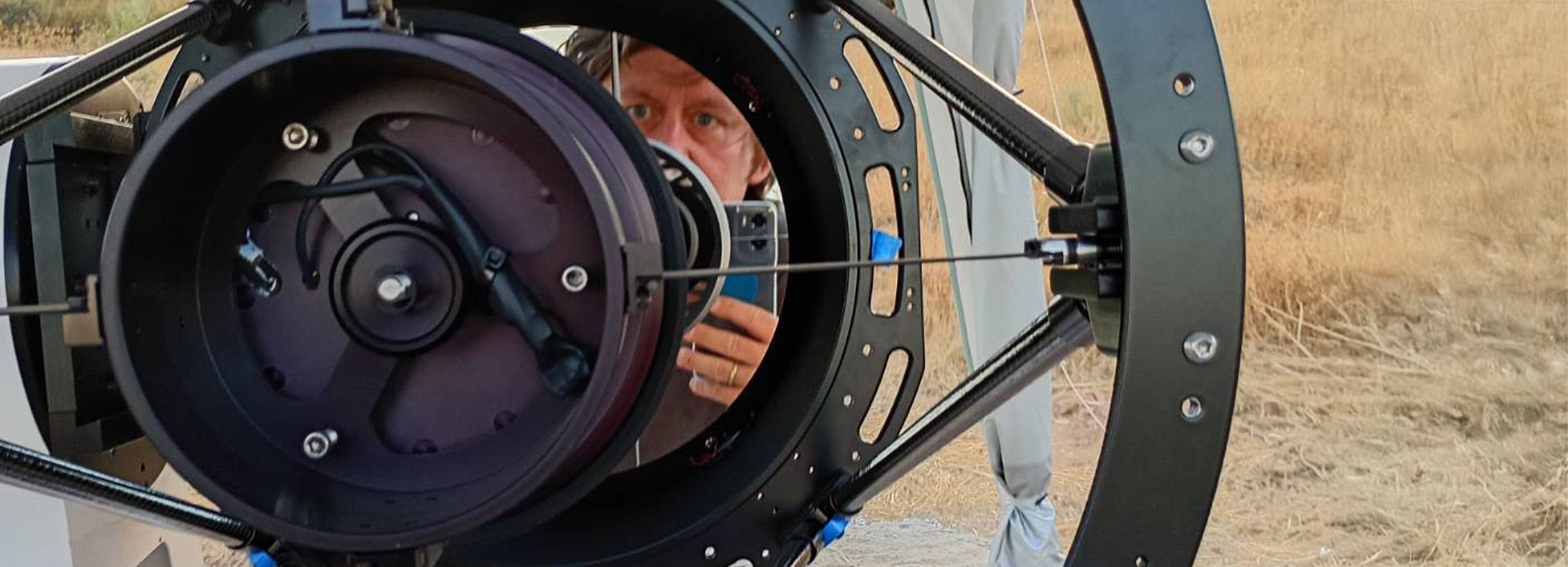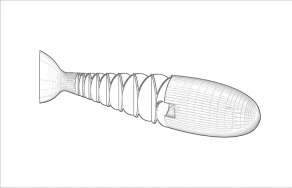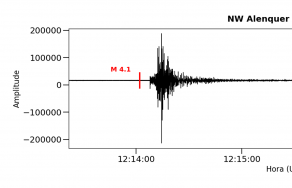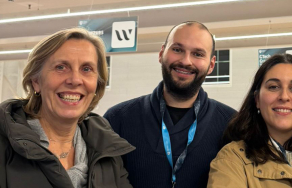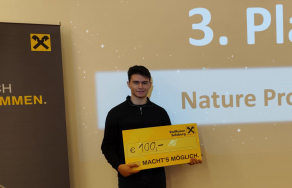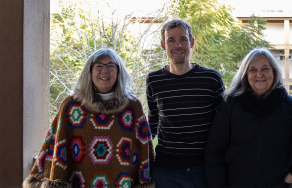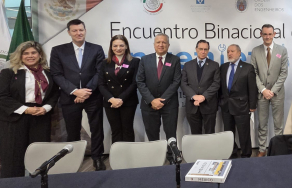ISEL continues to establish itself as one of the national leaders in the field of quantum technologies. As part of the European project PTQCI – Portuguese Quantum Communication Infrastructure, the ISEL team has successfully completed two of the tasks it was responsible for, culminating in the submission to the European Commission of the reports “PTQCI Ground Station Report” and “PTQCI Training Activities Report”.
Since 2023, ISEL has been part of the national PTQCI consortium, which is supported and coordinated by the National Security Office (GNS) along with several scientific and technological partners. The project's goal is to lay the groundwork for a national quantum communication infrastructure — an essential technology to ensure communication security in the future, once quantum computers become a reality and threaten current encryption methods.
Recognizing the strategic importance of Quantum Key Distribution (QKD), the European Union has been promoting the development of quantum networks across all Member States. ISEL was invited to join the national consortium due to its long-standing track record in training and research activities in quantum technologies, developed at the Institute since 2008.
Under the coordination of Prof. Manfred Niehus (DF/ISEL), ISEL led two key areas in the PTQCI project:
Development of the Ground Station – a prototype for optical and quantum communications with low Earth orbit satellites;
Academic Training – including the organization of summer schools and capacity-building activities in quantum technologies.
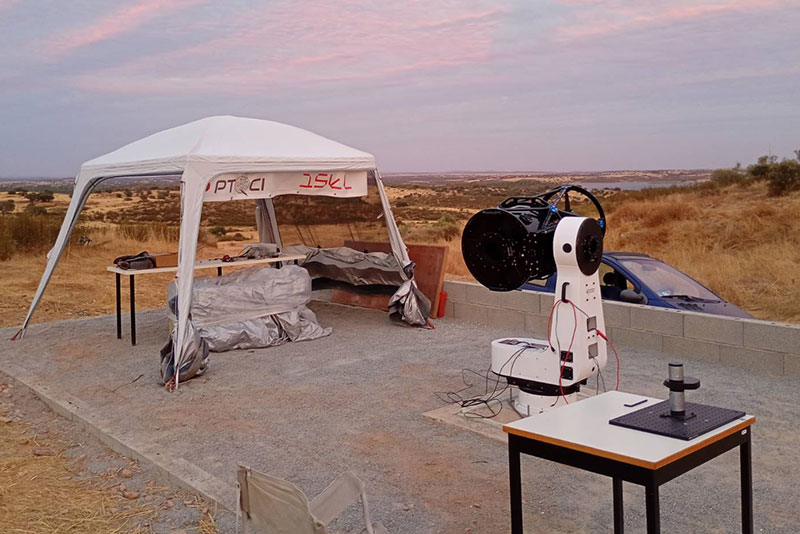
A Portuguese Ground Station for Quantum Communications
The most technically challenging component was, without a doubt, the development of the optical ground station — an experimental system that combines hardware and software for tracking, optical communication, and single-photon detection — key elements for future satellite-based quantum networks.
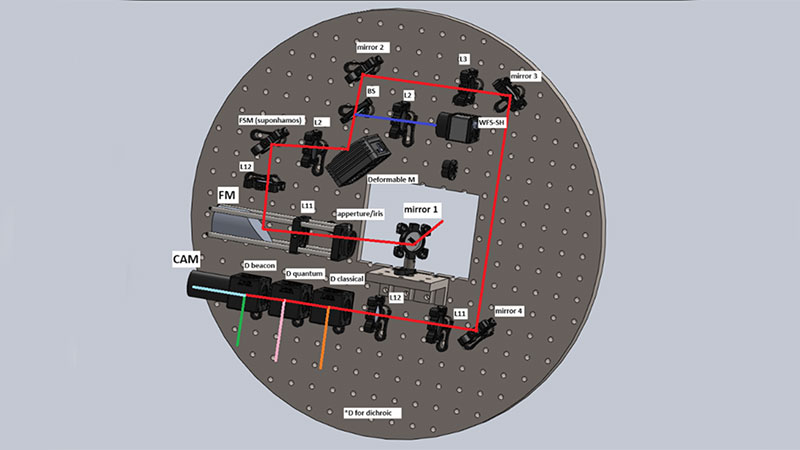
The prototype developed at ISEL includes a high-precision telescope mounted on a system capable of fast and extremely stable movements. Instead of observing stars, this telescope is designed to track low Earth orbit satellites (at around 500 km altitude), establishing optical and quantum links with them.
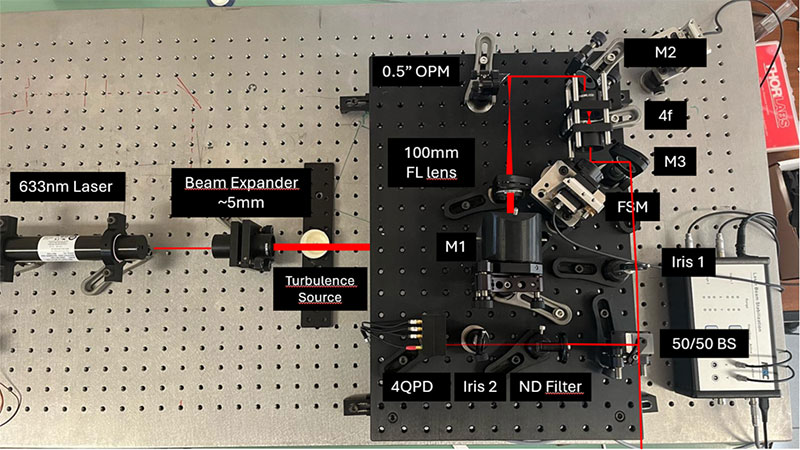
Between August 19th and September 1st, 2025, the team carried out a testing campaign at the Alqueva Lake Observatory (OLA), taking advantage of the excellent conditions of the Dark Sky Alqueva, one of the best astronomical observation areas in Europe.
The system tested included:
A 43 cm CDK17 telescope;
A high-precision PlaneWave L-500 mount;
Control systems, automatic focusing, and image acquisition.
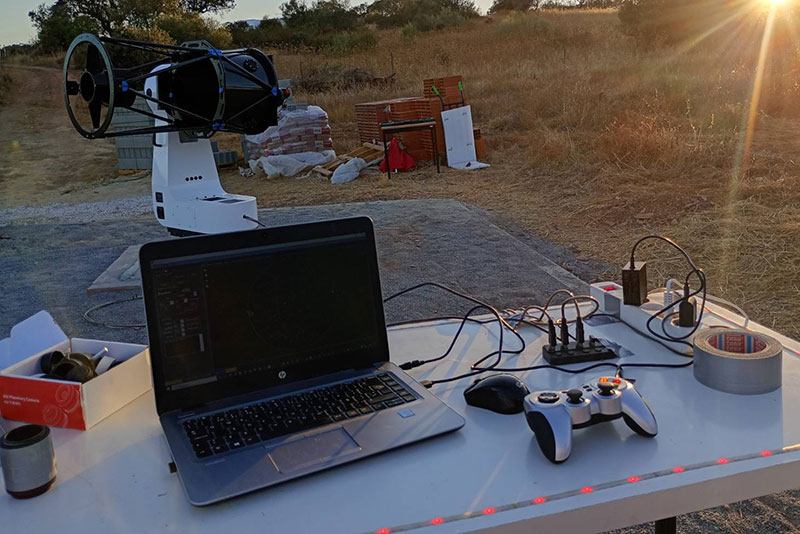
During this phase, the integration of the various subsystems was consolidated. The success of the Alqueva mission marked an important milestone in the validation of ISEL’s optical ground station, confirming the national capability to design, install, and operate a research infrastructure with the potential for integration into future European quantum communication networks.
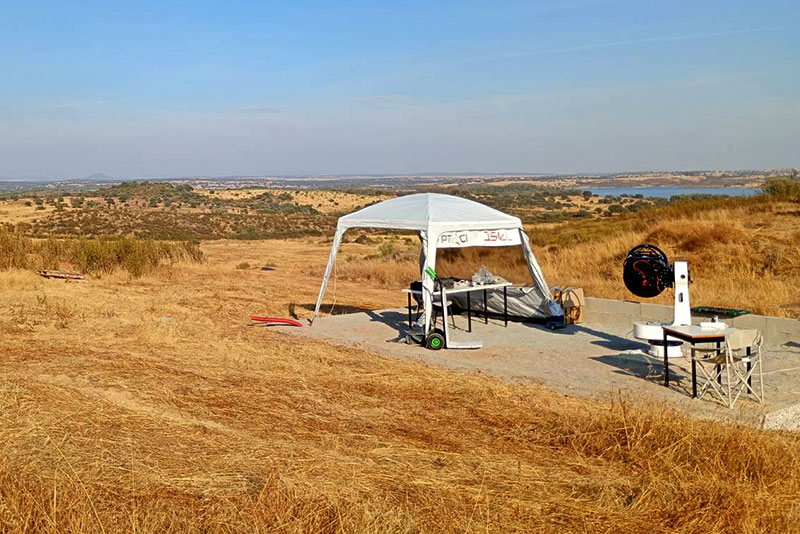
Research, Training, and Collaboration
In addition to its technological aspect, the project strengthened ISEL’s training and collaborative dimension, bringing academia, industry, and national scientific infrastructures closer together. The system developed—a testbed—will continue to be used in applied research, student projects, and future collaborations with companies in the space and telecommunications sectors.
ISEL and its partners are already preparing new testing campaigns and the public presentation of the system, scheduled for November 2025, either at ISEL or nearby.
Before that, the team will take part in the National Workshop on Quantum Technologies, to be held in Coimbra on October 24th, where they will present the project's main results and further highlight ISEL’s role in the national quantum technology landscape.
Portugal Preparing for the Post-Quantum Future
The European Union and national authorities are recommending that companies and institutions begin adopting post-quantum cryptography (PQC) measures now, in preparation for a secure digital future.
More information about the PTQCI project or the adoption of PQC measures can be obtained from Prof. Manfred Niehus, project coordinator at ISEL.

